
Every week, The Mac Weekly sits down with a senior arts major. This week we caught up with studio art and computer science double major Brooke Boatman. She hails from Southern Indiana.
How did you first get interested in art?
Although I’ve been drawing for pretty much as long as I can remember, I really started delving into art in middle school. I enrolled in a summer school for studio art, and I was obsessed after that. I got accepted to the School of the Art Institute of Chicago, but I decided I didn’t want to do art in college because I didn’t want it to feel like a job.
I came to Macalester with the intention of doing math and eventually moved to computer science. By the end of my sophomore year of college, I was really unhappy and considering withdrawing, but my discrete math professor, Andrew Beveridge, reminded me that I could do art too. I took printmaking with Ruthann Godollei and declared a major shortly thereafter.
What kinds of art do you make?
Everything; I paint; I draw; I sculpt. I’m really into digital animation right now, and my capstone is creating digital imagery with data. When I have a moment to spare, my favorite medium is oil painting. I learned it when I was in France, so I have all these really fond associations with being out in the countryside in Southern France painting.
What themes do you express?
I’m really interested in bodies, both as a form and a philosophical idea. I recently did this painting that was a mesh of different body parts. It explores how bodies fit together. I really like simplified human forms. Like, how many lines do there have to be before you recognize a figure as a body? Or how an arm is only an arm in the context of a shoulder and a torso. Once you decontextualize it, a form can be anything.
Even in my data studies, I’m looking at how we as bodies create data and occupy both physical and virtual space. Just by existing, just by typing on your computer and clicking on links, you’re creating terabytes of data somewhere. I think often times we forget just how much is being recorded of us at any moment. On your phone right now, Google is recording every place that you go down to the second. Your location history is out there; any company that buys it can know what you’re interested in … I’m really interested in taking the data that’s collected on all of us and looking at the ways we inhabit virtual space. It seems like just another extension of the body.

How are computer science and art related?
In our time, computers touch everything. If you look around, there’s not a single thing that hasn’t had a computer involved with it at some point. Using the power of computers to try to understand the world around us seems like a natural continuation of that idea. Computers become just one more tool in trying to make meaning out of chaos.
Art to me has always been about understanding. A lot of artists say their job is to raise questions. To me, it’s always been about giving answers. Life is one big question; we don’t need any more question-askers.
You mentioned you’re using data to create digital imagery for your capstone. Could you explain that?
My capstone is all about taking all this data that’s been gathered on me my entire life and showing how much of it is part of me as a person. What I’m doing is trying to make a self-portrait in data. It’s not a self-portrait in the conventional sense, but in the sense that it visually reflects what it means to be me. I’ve broken it down into these big questions about who we are as people. One of them, “Am I Alive?” is a real-time animation of my heartbeat. I wear a Fitbit, so I have all of these recordings of my heart rate all day, every day.
Another one of the pieces is a real-time map of my breakup with my partner of three years. The question is, “What Does Heartbreak Look Like?” For the last four years, my Google location history has recorded every location I’ve visited down to the second. So, I have all of the locations I went to the day my partner and I broke up and how long we stayed in each location. I can pinpoint it down to the minute that we broke up. The piece is an animated map showing our footsteps as we’re walking, digitally reenacting our breakup.
Did you study abroad?
I studied abroad in Southern France at the Marchutz École d’Art, in English, the Marchutz School of Art. Aix-en-Provence, the town the school is in, is where Cézanne and Van Gogh lived and painted, so the school is deeply rooted in traditional impressionistic techniques and has a very particular understanding of what art is. If they saw what I was working on now, they would hate it and tell me it isn’t art. It was an interesting experience, though, because it forced me to realize what art meant to me and made me stick up for my art in a way I’d never had to before.
When I first got there, I was really interested in hyperrealism, which is trying to make drawings that look photographic. They were vehemently against that, so for a long time I just did what they wanted me to do. Then I started dabbling in abstract works, and they hated those too because I was taking all these techniques I’d learned at the school and applying them to these very bizarre and surreal images. But I was actually painting things I liked for the first time in months.
When I finally stood up for my art, it was really empowering. It was interesting to disagree with someone thirty years my elder on as fundamental a question as “What is art?” and have to defend myself.
What are your interests or hobbies besides art?
I knit a lot. It’s a good way to keep my hands busy when I’m waiting for code to run or paint to dry. In the end there’s a sense of accomplishment because you made something. I also do yoga and hula hoop tricks.
In addition, I founded the Alternative Faith Association (AFA) at Mac. It’s kind of a support group for people who follow non-traditional religions. I’m a practicing Pagan and have been for 11 years. When I came to Mac, I expected religious support and it wasn’t there. So, I made an org.
What advice would you give to someone thinking about majoring in studio art?
If you feel like it’s your calling, do it. My professor when I was abroad told me that there are no part-time artists. When I worked a full -time job, I still came home and did six hours of art every night. If you feel a calling for it, you’re not gonna get away from it no matter how hard you try, and I don’t think that’s necessarily a bad thing. Just embrace it.











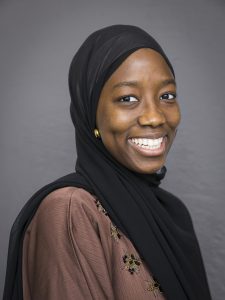
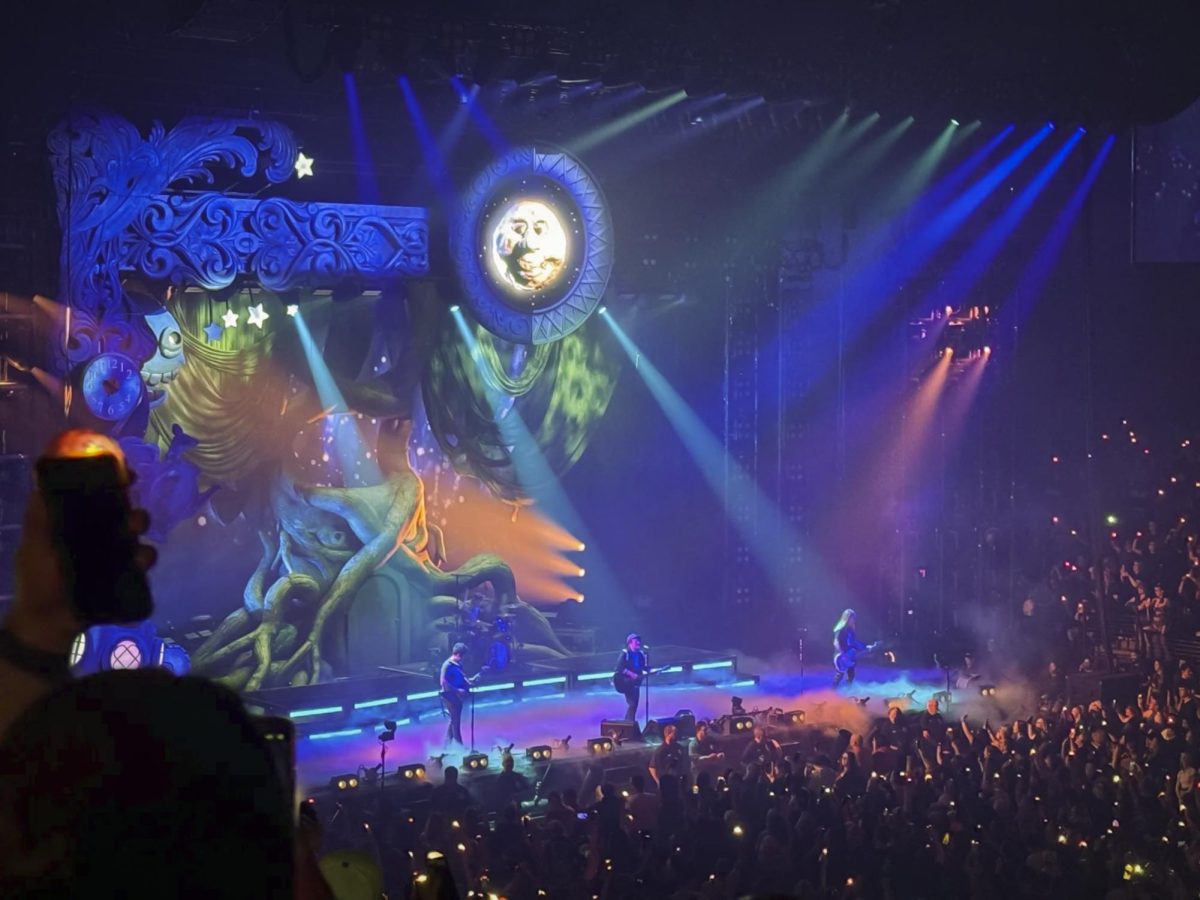
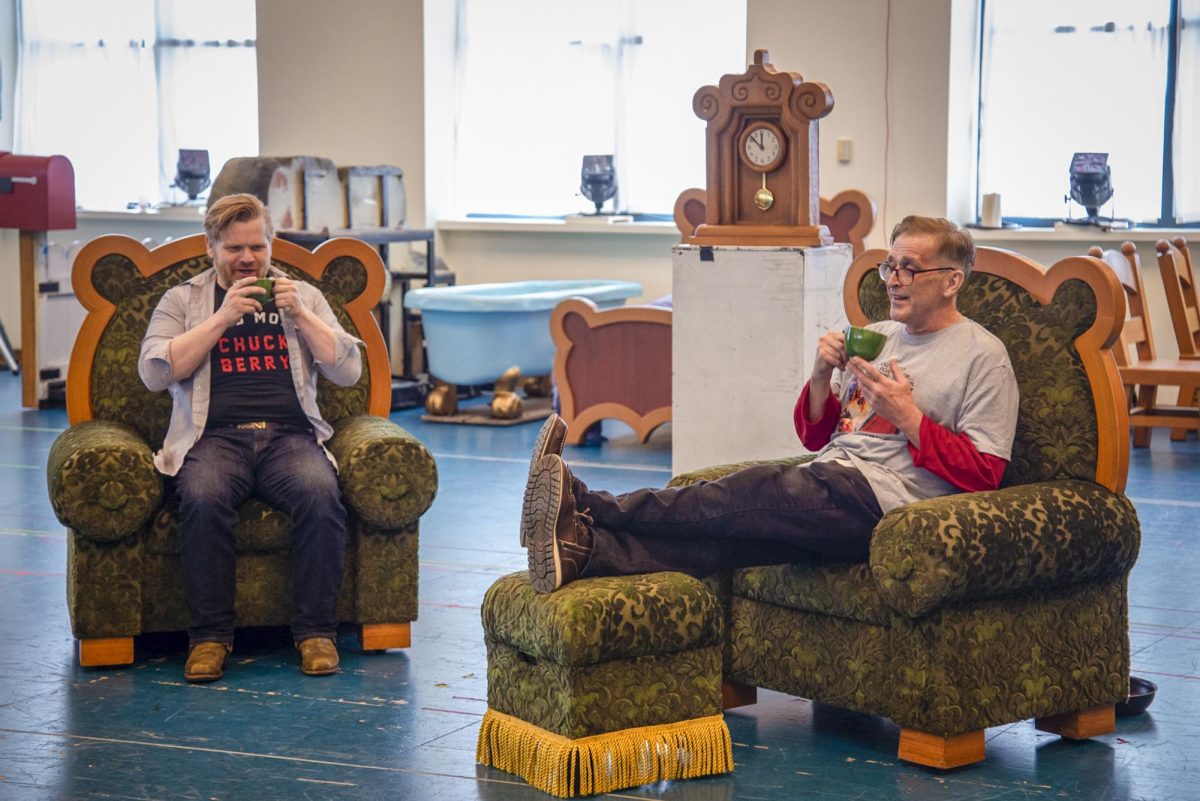
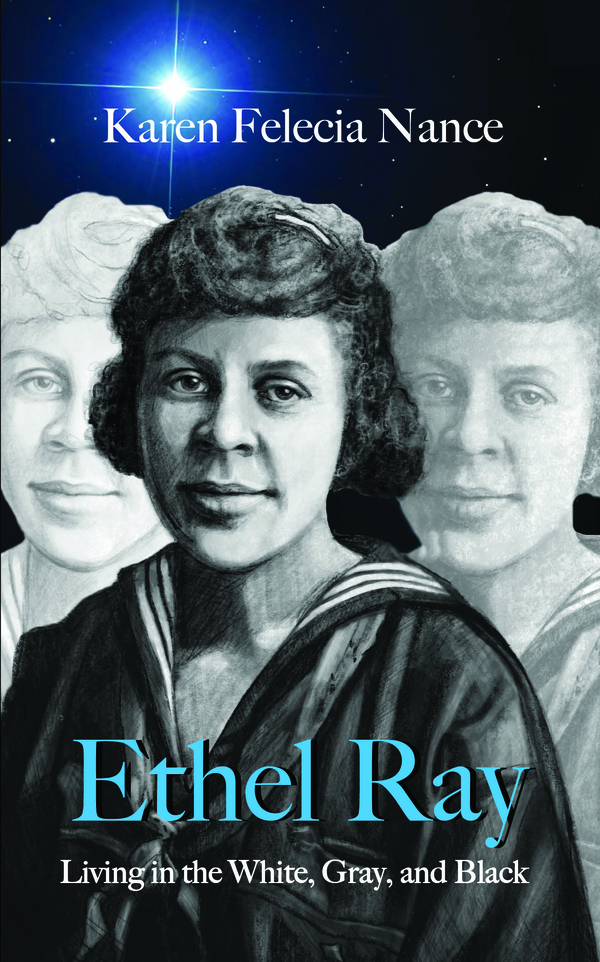
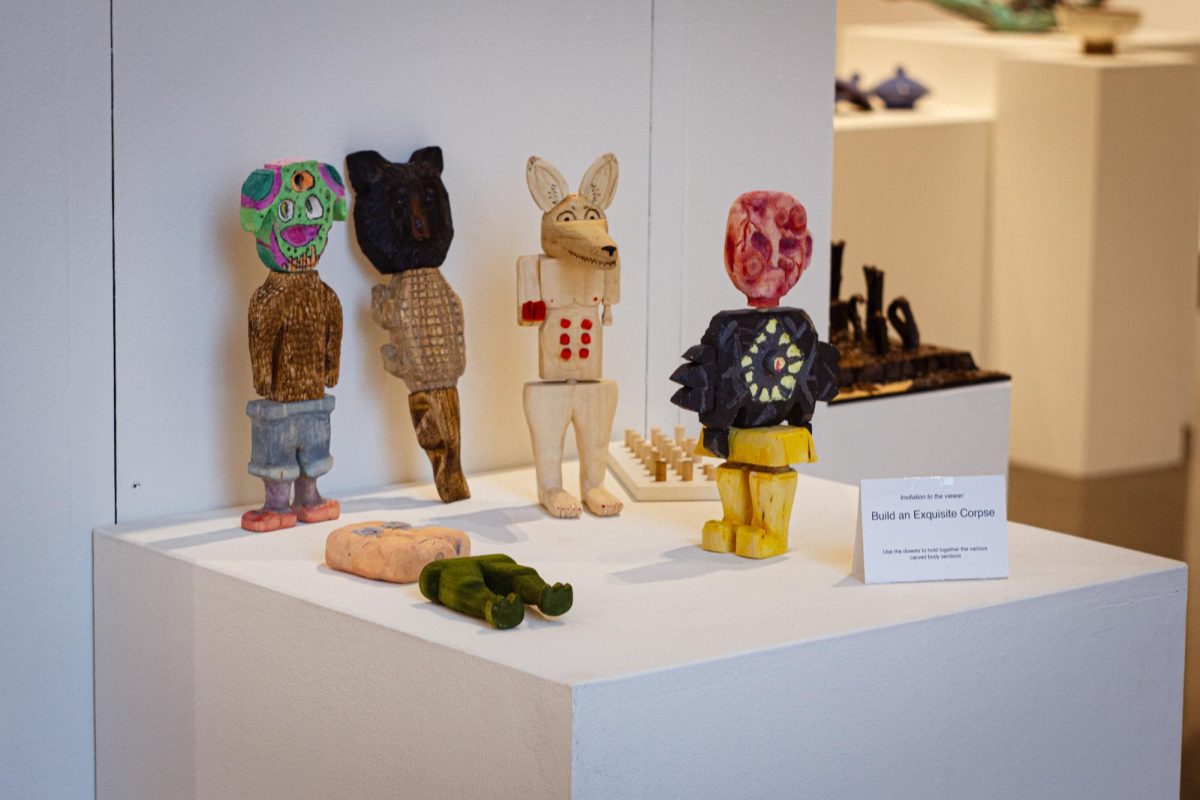
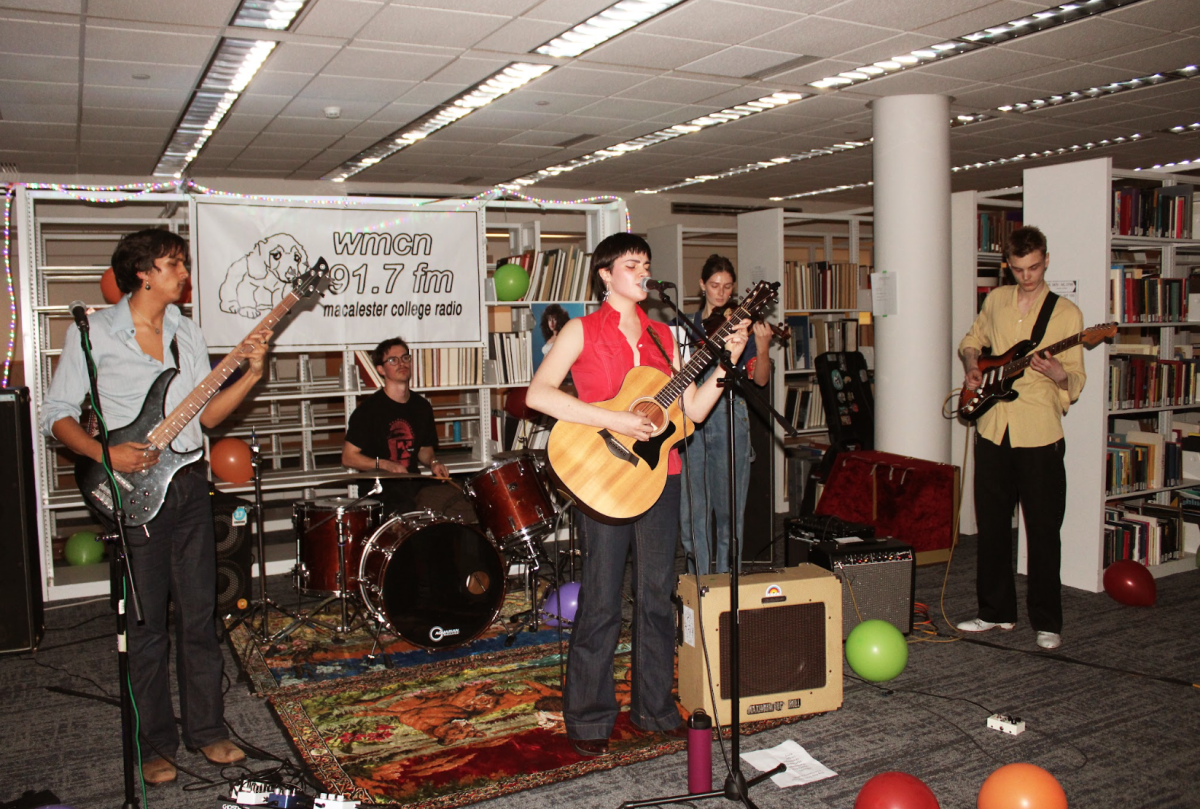
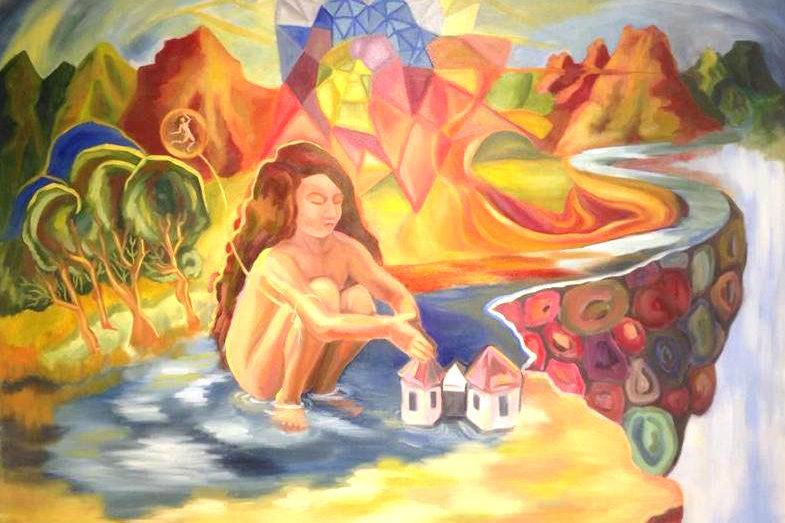
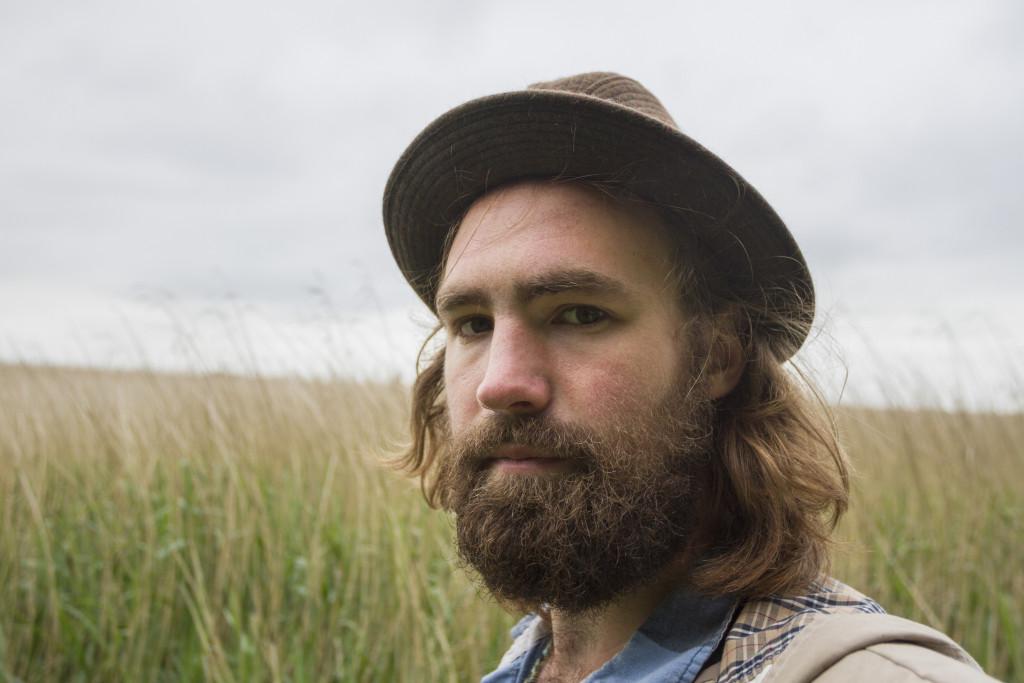
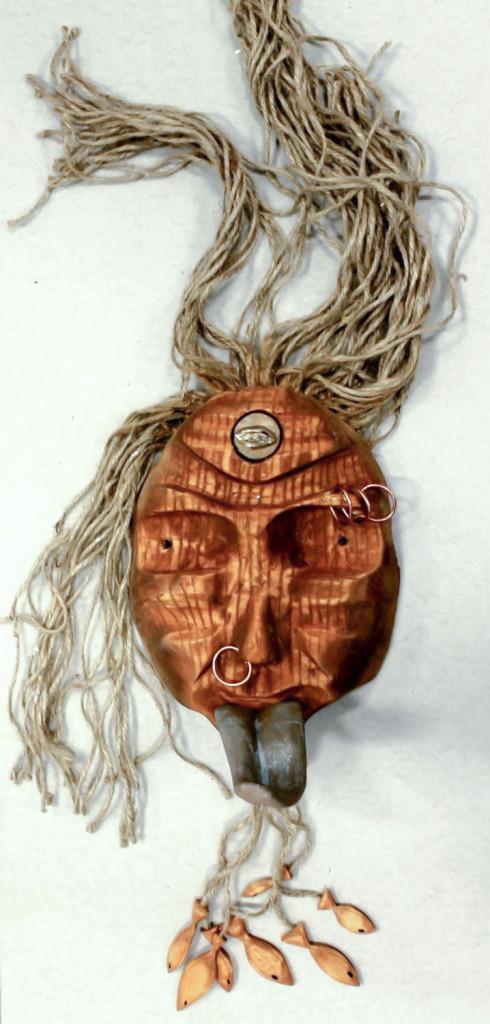
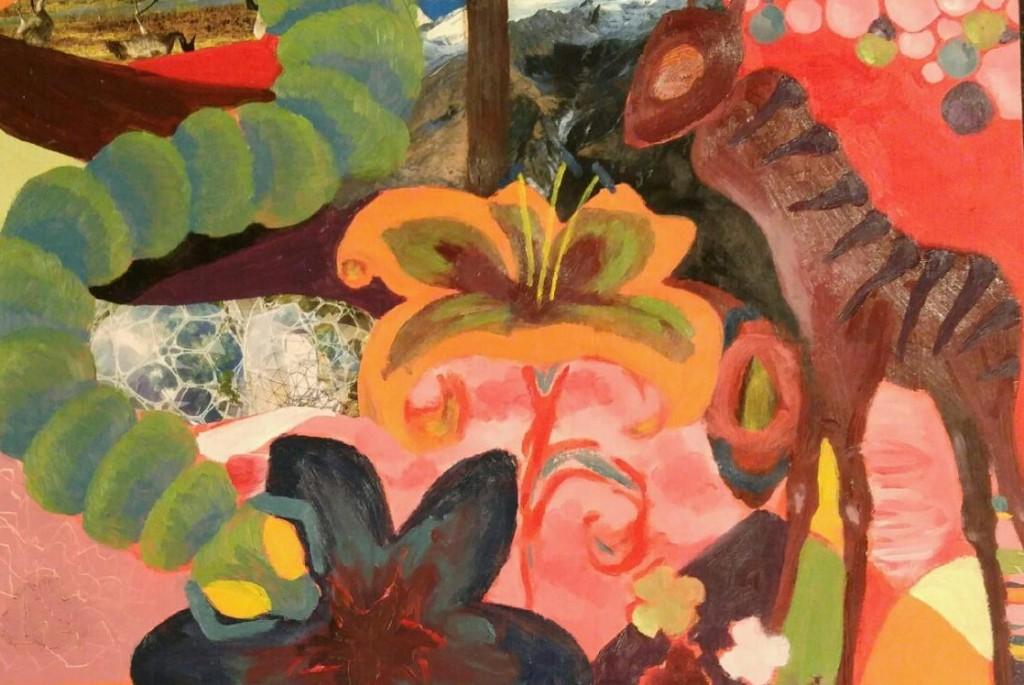
Diana Lawrence • Sep 10, 2019 at 11:25 am
Itís in fact very difficult in this full of activity life to listen news on TV, thus I simply use internet for that purpose, and take the hottest news.
James Taylor • Sep 9, 2019 at 3:39 pm
I have discovered that charges for on-line degree pros tend to be an incredible value. For example a full College Degree in Communication with the University of Phoenix Online consists of 60 credits with $515/credit or $30,900. Also American Intercontinental University Online gives a Bachelors of Business Administration with a full course feature of 180 units and a tuition fee of $30,560. Online studying has made getting the diploma been so cool because you can earn your current degree through the comfort in your home and when you finish from office. Thanks for all other tips I’ve learned through the web-site.